Activist Zulfikar Ali Bhutto Jr is boycotting the Lahore Biennale over greenwashing
Artist and activist Zulfikar Ali Bhutto Jr recently took to Instagram to announce his boycott of the upcoming Lahore Biennale 2024, accusing the organisers of ‘greenwashing’ — a term used to describe superficial claims about environmental responsibility.
Casting a shadow over one of the country’s most celebrated art festivals, his criticism raises questions about the responsibility that comes with curating an event dedicated to environmental causes.
Images has reached out to the organisers of the Lahore Biennale for a comment.
While sharing the reasons for boycotting the festival on his Instagram stories, Bhutto outlined his frustration with what he perceives as the Biennale’s failure to take meaningful environmental action.

“What is the point of doing an exhibition on the environment and then doing nothing about the environment?” he wrote. Describing the festival as a “decadent party” rather than a platform for genuine environmental advocacy, he pointed out how artists were flown in from Karachi, Paris and Los Angeles for the event, contradicting the festival’s eco-friendly mission.
He sarcastically referred to a DJ collaboration from LA as “nonsense,” questioning the relevance of such performances in an environmental-themed festival. “Environmentalists don’t need artists if artists are not including environmental stakeholders,” he continued, emphasising that real environmental issues such as Pakistan’s deteriorating sea and mountain ecosystems were being sidelined in favour of foreign big names and lavish events.
According to the Lahore Biennale Foundation (LBF)‘s Instagram, the festival’s third edition, set to open on October 5, is themed around “ecologies and sustainable futures.”
The LBF website outlines initiatives such as the Green School Certification Programme (GSCP), which aims to promote climate education through art, focusing on the Global South. The LBF proudly marks the conclusion of GSCP’s pilot phase as a significant achievement, describing it as a programme fostering critical thinking about environmental sustainability at the community level, particularly through long-term advocacy of sustainable practices.
The event brings together 60 artists from over 30 countries to present an array of site-specific exhibits and immersive installations that draw attention to issues caused by environmental degradation, along with illuminating vernacular and indigenous heritage as transformative resources for future sustainability. It explores these themes from the perspectives of both Pakistan and the Global South.
LBF’s efforts also highlight collaborations between artists, researchers, and community members across Asia, advocating for solutions to environmental degradation that include drawing on indigenous heritage. They promise site-specific installations addressing environmental issues, suggesting that their theme of sustainable futures is not just a backdrop but a core concern.
Bhutto’s criticism highlights how much of a difference these efforts make. His concern is that the festival appears more focused on high-profile international collaborations than on local environmental activism, leaving key stakeholders — such as filmmakers and artists already working on pressing environmental issues — out of the spotlight.






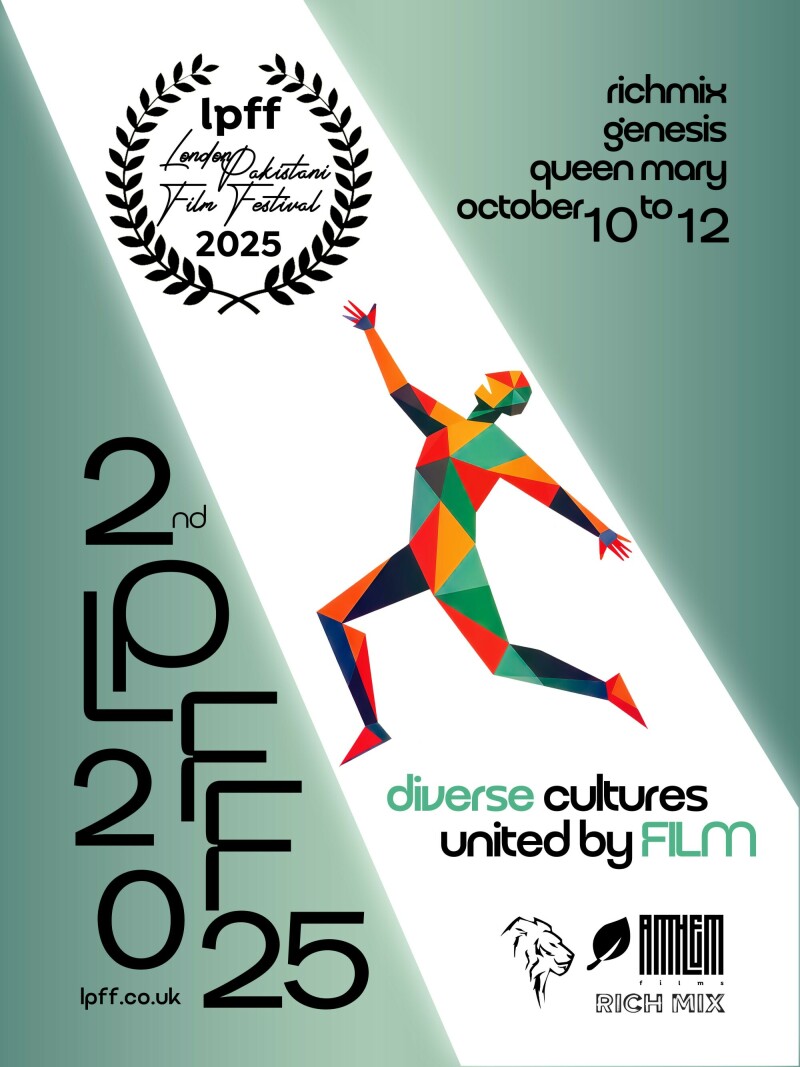

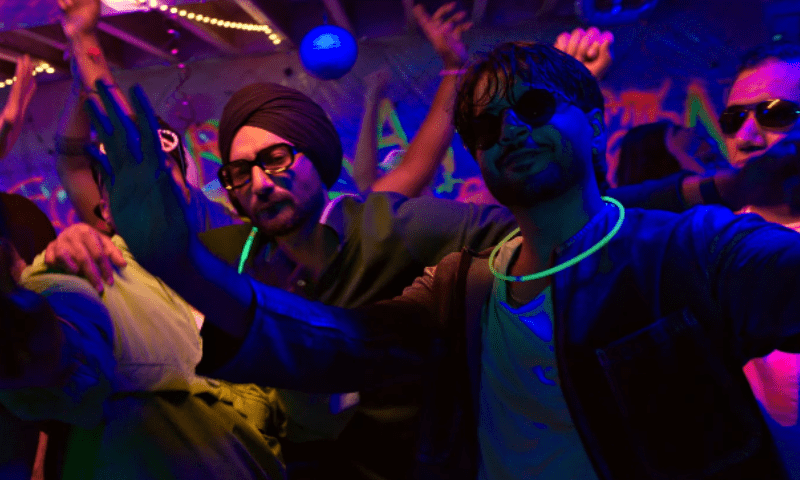
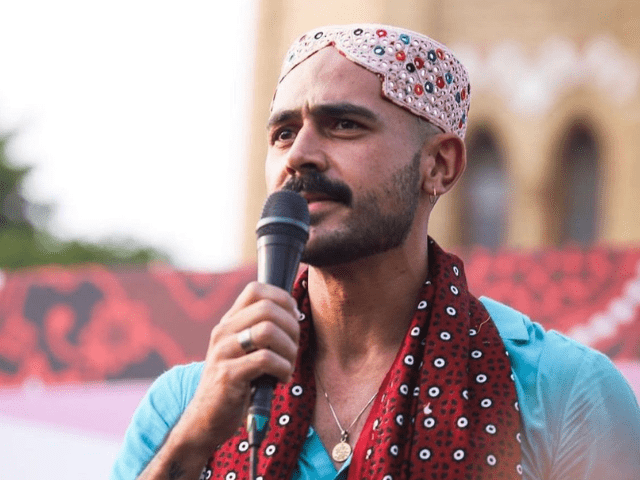
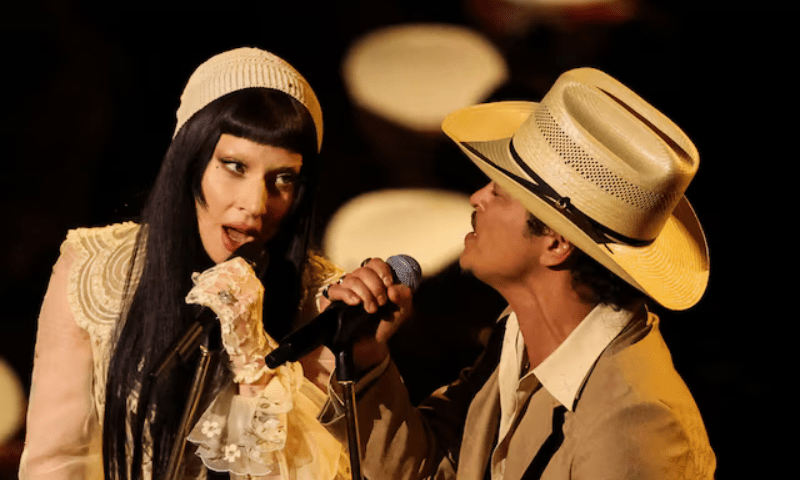
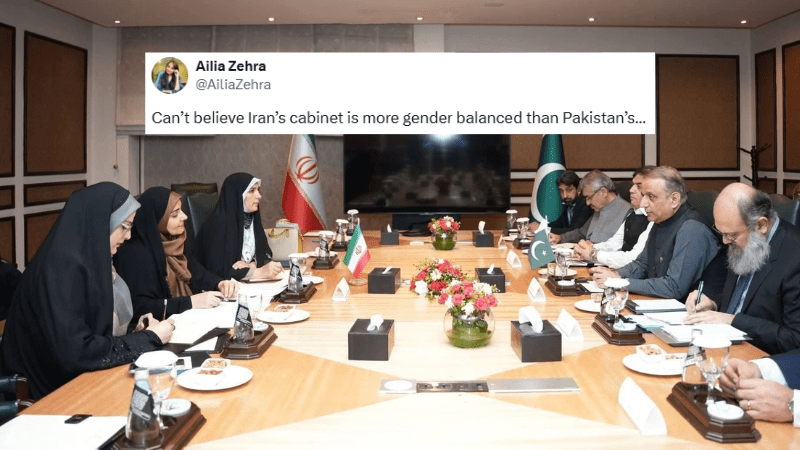



Comments